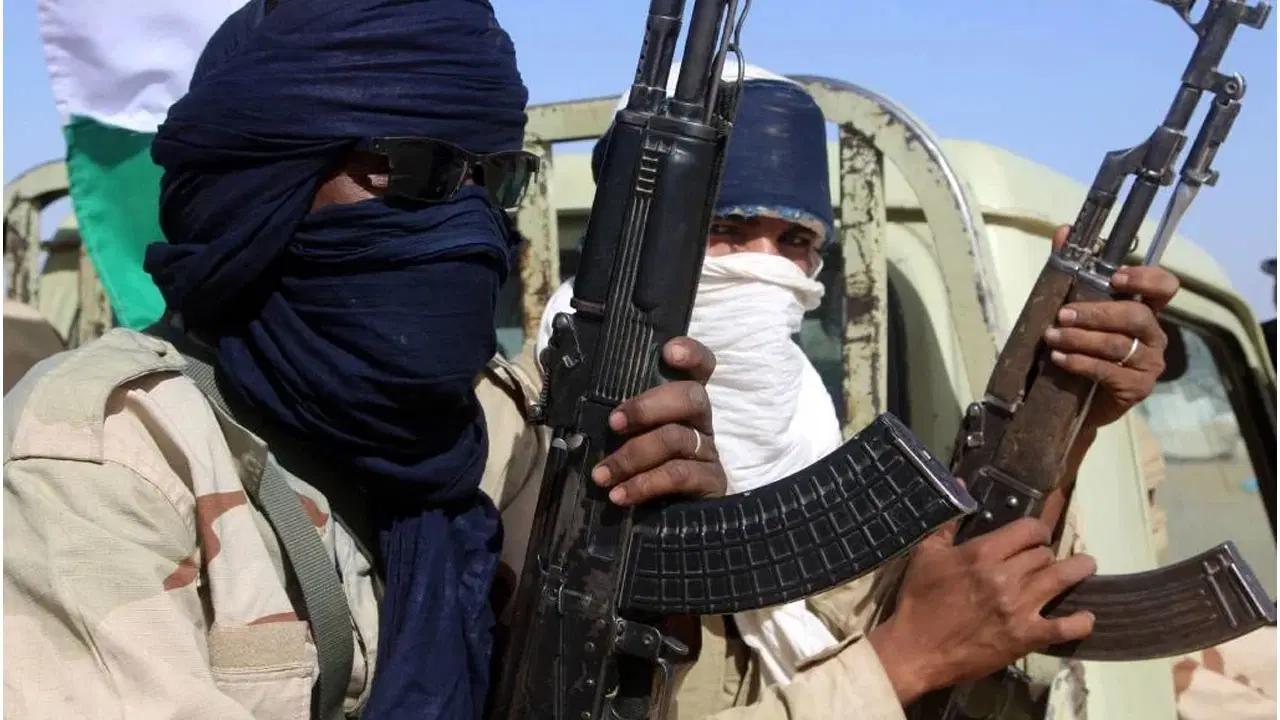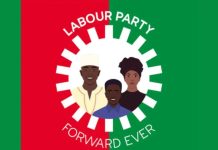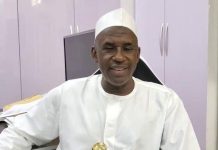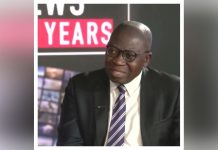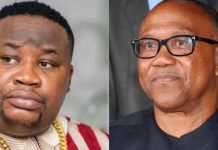By Abba Hamisu Sani
Africa-Press – Nigeria. Amnesty International and other human rights organizations have described the recent killing of at least 54 people in Zikke village, Bassa Local Government Area of Plateau State, as a matter of grave concern.
They emphasize that the situation demands urgent action beyond verbal condemnation, insisting on genuine and effective measures to halt the persistent insecurity plaguing Plateau State.
Created in 1976, Plateau State has endured a series of crises and terrorist attacks for over two decades. The ongoing violence underscores the complexity of the crisis, marked by the involvement of multiple armed groups carrying out attacks and reprisals, further deepening instability in the region.
Plateau’s Recent Mass Killings: A Disturbing Trend
The horrific attack in Zikke village occurred barely two weeks after the massacre of 52 people in Bokkos Local Government Area. According to Amnesty International, Plateau is one of several ethnically and religiously diverse states in Nigeria’s Middle Belt, where conflicts have claimed hundreds of lives in recent years.
The organization notes that while the violence is often portrayed as an ethno-religious clash between Muslim herders and Christian farmers, other underlying factors—such as climate change and shrinking grazing land due to agricultural expansion—also drive the conflict.
Youths Condemn the Killings
In a statement issued in Jos, the Plateau State capital, the Berom Youth Moulders Association (BYM) condemned the recent spate of killings. The statement, jointly signed by BYM National President Solon Mwantiri and General Secretary Bature Adazaram, denounced the attacks in Hurti (Bokkos LGA), Irigwe Kimakpa, and the latest massacres in Zikke and Kakpa villages.
“The BYM is saddened by the systemic, premeditated killings of unsuspecting residents of Bokkos and Bassa, especially the bloodbath on the night of April 12, 2025, which claimed no fewer than 50 innocent villagers, including women and children,” the statement read.
The group revealed that militants attacked Kimakpa and Zikke villages while Plateau was still mourning the Hurti community massacre on April 2, describing the violence as an act of terrorism. BYM also called for legislation allowing Nigerians to acquire arms for self-defense.
Amnesty International: Plateau Killings an Inexcusable Security Failure
Amnesty International strongly condemned the attacks, describing the violence as an inexcusable failure of security. The organization stated:
“Many of the victims, including children and the elderly, were slaughtered and left in pools of blood. The security failures that allowed these horrific attacks—barely two weeks apart—must be thoroughly investigated.”
The human rights group emphasized that verbal condemnations from President Bola Tinubu are insufficient, and that a genuine commitment to protecting lives and ensuring justice for victims must be demonstrated.
They further lamented the consistent failure of authorities to bring perpetrators to justice—a failure they warned continues to embolden impunity.
Tinubu’s Security Measures Under Scrutiny
While President Tinubu asserts that his administration is implementing new security strategies to combat rising insecurity nationwide, Amnesty International contends that the recent attacks in Plateau State expose the ineffectiveness of those measures.
The organization provided chilling statistics: between December 2023 and February 2024, at least 1,336 people were killed in Plateau State, including 533 women, 263 children, and 540 men. Additionally, over 29,554 people were displaced, among them 13,093 children and 16,461 women.
Amnesty stressed that the pattern of deadly attacks suggests that rural communities have been abandoned to the mercy of violent gangs.
Call for a State of Emergency
Despite the severity of the situation, a state of emergency has not yet been declared in Plateau State. Many observers argue that President Tinubu’s decision to declare a state of emergency in Rivers State—where the situation is relatively less dire—demonstrates perceived political bias.
Human rights activist and public affairs analyst Frank Victor argued that declaring a state of emergency in Plateau is necessary to halt the killings.
Reflecting on Jos’s vibrant past, he said:
“In the 1980s and 1990s, Jos was a center of tourism and commerce. The Terminus Market was a bustling hub, and hundreds of foreigners visited the state. But once the crises started, everything collapsed.”
Victor emphasized that proactive federal intervention is essential, as the situation now appears beyond the control of the Plateau State Government.
“Declaring a state of emergency is the most viable option to restore peace and security,” he concluded.
The activist also urged all civil society organizations across Nigeria to increase pressure on the Federal Government to take proactive measures against killings in Plateau and other affected states.
“Verbal condemnation should not be the only response from a President who oversees all security agencies. What is needed is decisive action to fight terrorism in all its forms,” he asserted.
For More News And Analysis About Nigeria Follow Africa-Press


